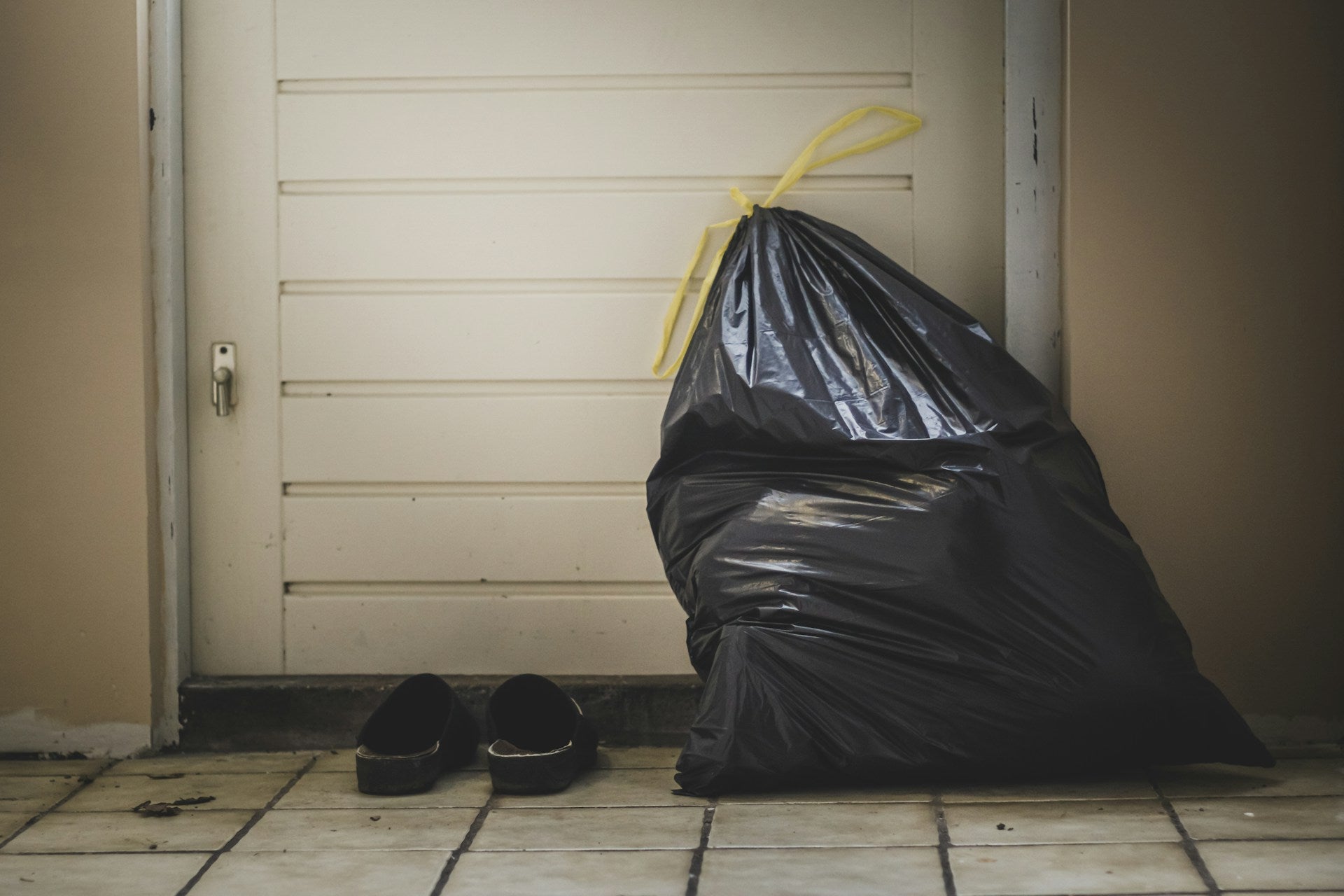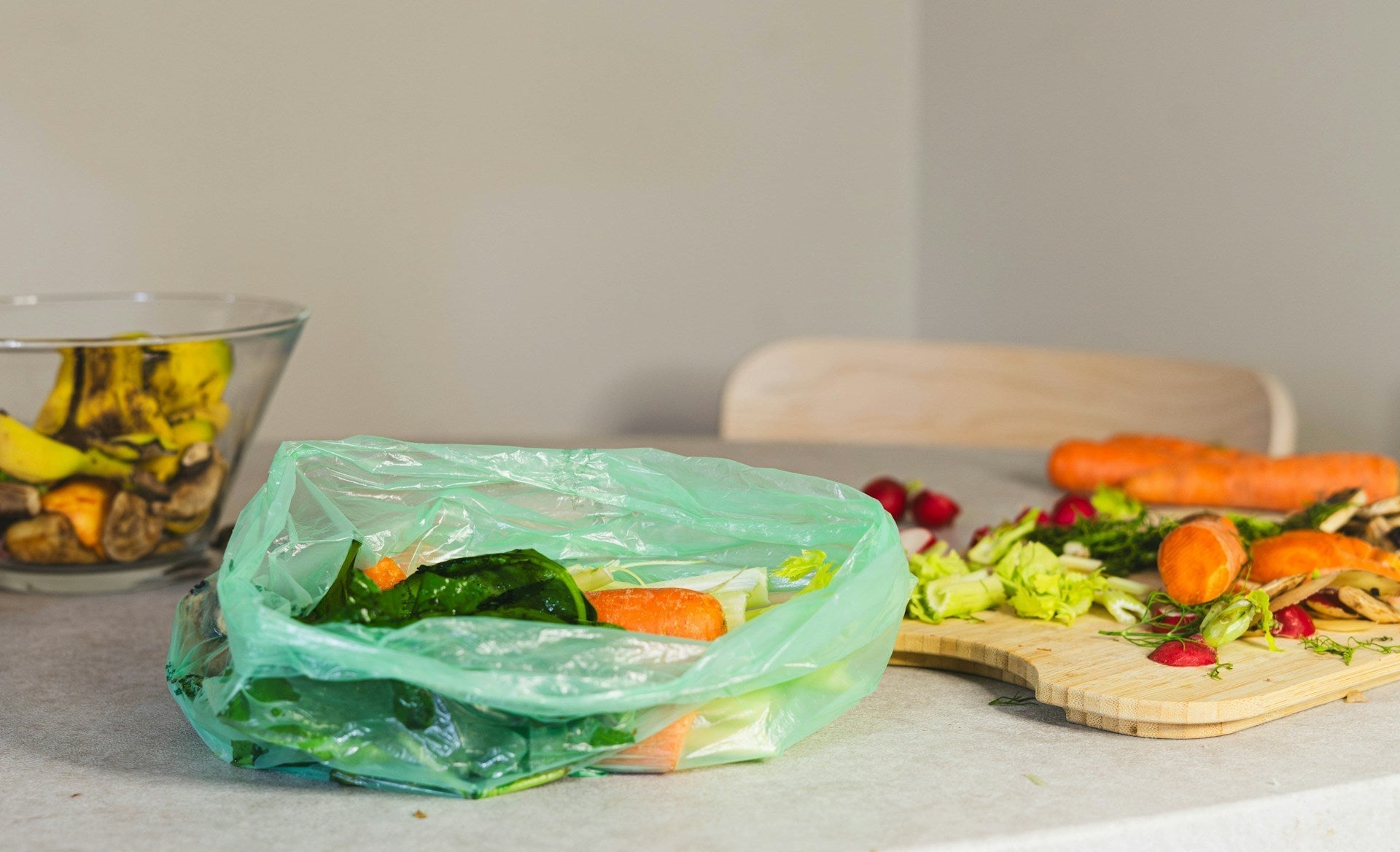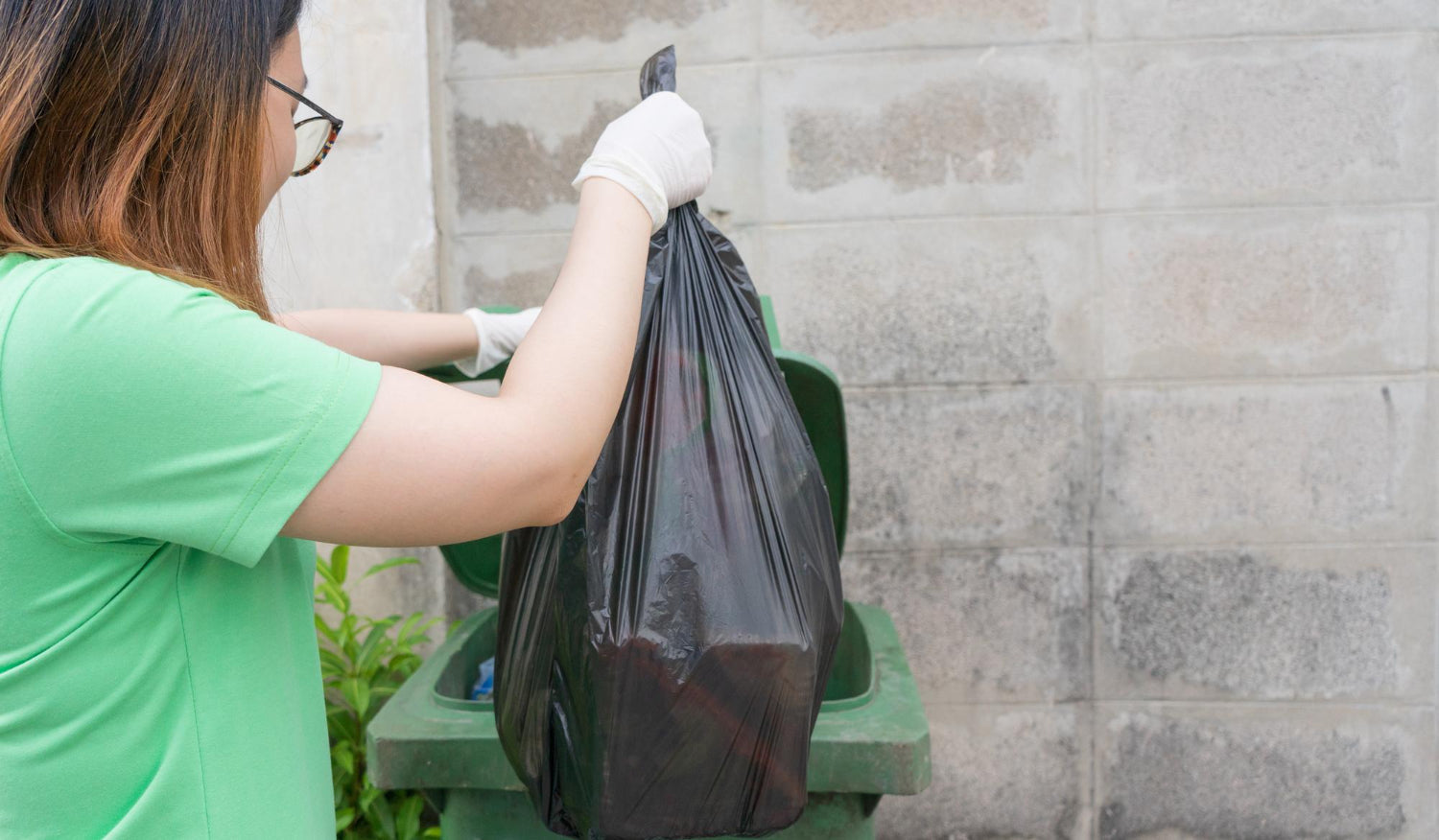Using biodegradable garbage bags is easy, and the benefits are many. For one, they help reduce the pollution and environmental damage caused by conventional plastic bags. They're also safer for wildlife, which can be harmed by non-degradable plastics. Additionally, biodegradable bags often come from renewable resources, making them a more sustainable choice.
In this guide, we'll explore what biodegradable garbage bags are and how they work. We'll also talk about the environmental benefits of using them, offer best practices for incorporating them into your home, and provide extra tips for living a greener life. Let's dive in and make a positive change, starting with something as simple as the bags we use for our trash.
What Are Biodegradable Garbage Bags and How Do They Work?
Biodegradable garbage bags are made from materials that break down naturally over time, unlike traditional plastic bags, which can take centuries to decompose. These bags are often made from plant-based materials such as cornstarch, which makes them environmentally friendly.When you throw away biodegradable garbage bags, they start to break down in the presence of microorganisms, heat, and moisture. Unlike regular plastic bags that release harmful chemicals, biodegradable bags turn into natural elements like water, carbon dioxide, and biomass. This process is usually faster and less harmful to ecosystems.
It's important to know that biodegradable bags need the right conditions to break down efficiently. They require exposure to air, sunlight, and moisture. Tossing them in a landfill might not yield the same results since landfills often lack these conditions. For optimal results, use them in compost bins or areas where they can properly decompose.
Environmental Benefits of Using Biodegradable Garbage Bags
Switching to biodegradable garbage bags can have a significant positive impact on the environment. Here are some key benefits:1. Reduced Plastic Pollution:
Traditional plastic bags take up to 1,000 years to break down, clogging landfills and oceans. Biodegradable bags decompose much faster, reducing the overall amount of waste.2. Less Harm to Wildlife:
Animals can mistake plastic waste for food, leading to severe injuries or death. Biodegradable bags break down into harmless substances that animals can ingest without risk.3. Lower Carbon Footprint:
Since biodegradable bags are often made from renewable resources, their production generates fewer greenhouse gases compared to conventional plastic bags. This adds up to a lower overall carbon footprint.4. Cleaner Compost:
Using biodegradable bags in compost bins ensures that your compost remains free from plastic contaminants. This results in richer, cleaner compost that can better nourish your garden.5. Encourages Sustainable Practices:
By choosing biodegradable options, you're supporting efforts to create a market for eco-friendly products. This drives innovation and encourages other companies to go green as well.Using biodegradable garbage bags is a small change that can lead to big environmental benefits. It's a straightforward way to reduce your household's ecological impact while still keeping everything neat and tidy.
Best Practices for Using Biodegradable Garbage Bags in Your Home
To get the most out of your biodegradable garbage bags, a few best practices can help ensure they work effectively and last long enough to be useful. Here are some tips:1. Use the Right Bag for the Right Bin:
Choose the correct size of biodegradable garbage bags to fit your trash cans perfectly. An ill-fitting bag can lead to spills and make handling waste more difficult.2. Keep Bags Dry:
While biodegradable bags are designed to break down over time, they can disintegrate faster when exposed to moisture for prolonged periods. Ensure your bins are dry before placing the bag in them. Adding a paper towel or rag at the bottom can help absorb any extra moisture.3. Separate Waste:
Biodegradable garbage bags are great for organic waste such as food scraps, vegetable peels, and coffee grounds. For non-organic waste, like plastics or metals, consider using separate recycling bins to keep your biodegradable bags from filling up too quickly or becoming contaminated.4. Regular Disposal:
Overfilling can cause the bag to break. Dispose of your garbage regularly to avoid leaks or spills. Since biodegradable bags should be exposed to the right conditions for effective breakdown, frequent disposal ensures they start the decomposition process in a proper environment.5. Store Properly:
Keep unused biodegradable garbage bags in a cool, dry place to maintain their durability. Exposure to heat and humidity can start the decomposition process prematurely.By following these best practices, you can make the most of biodegradable garbage bags, ensuring they serve their purpose effectively and help you maintain a cleaner, greener home.
Additional Tips for a Greener Home: Beyond Biodegradable Garbage Bags
Switching to biodegradable garbage bags is just the beginning. There are many other actions you can take to make your home more eco-friendly. Here are some additional tips:1. Composting: Set up a compost bin for organic waste like fruit peels, vegetable scraps, and eggshells. Composting not only reduces landfill waste but also creates nutrient-rich soil for your garden. Use compostable trash bags to make transferring organic waste easier.
2. Reduce Single-Use Plastics: Swap out single-use plastic items like water bottles and shopping bags for reusable alternatives. Stainless steel water bottles and cloth shopping bags are eco-friendly choices that can be used again and again.
3. Eco-Friendly Cleaning Products: Choose natural cleaning solutions made from household items like vinegar and baking soda. They are just as effective as commercial products but don’t contain harmful chemicals. Making your own cleaning products can also be more cost-effective and safer for your family.
4. Energy Saving: Invest in energy-efficient appliances and light bulbs. Simple changes, like turning off lights when not needed and unplugging appliances when they’re not in use, can reduce your energy consumption significantly.
5. Water Conservation: Fix any leaks and install water-saving fixtures like low-flow showerheads and toilets. Collect rainwater for gardening and use it to water your plants instead of using treated tap water.
6. Recycle Properly: Make sure to follow your local recycling guidelines to ensure materials are properly sorted and recycled. Educate your family on what can and can’t be recycled to avoid contamination.
These steps can help you create a more eco-friendly home environment, promoting sustainability and reducing your carbon footprint.
Conclusion
Making small changes like using biodegradable garbage bags can lead to significant positive environmental impacts. Understanding how these bags work and how to use them properly ensures you're making the most eco-friendly choices possible. Beyond the kitchen, adopting other green habits further enhances your efforts to live a more sustainable lifestyle.Reducing plastic usage, composting, and using natural cleaning products are just a few ways to take your eco-friendly practices to the next level. Sustainable living starts with mindful choices that accumulate over time, leading to a cleaner planet for future generations.
Ready to make your home greener and more eco-friendly? Explore our range of compostable trash bags and other sustainable products at Plastno. Visit our website and join the community dedicated to a healthier, cleaner environment!






Share:
Cleaning with Kids: Fun and Green Chore Ideas
Pet-Friendly House Cleaning Tips: Green Solutions for a Clean, Safe, and Sustainable Home